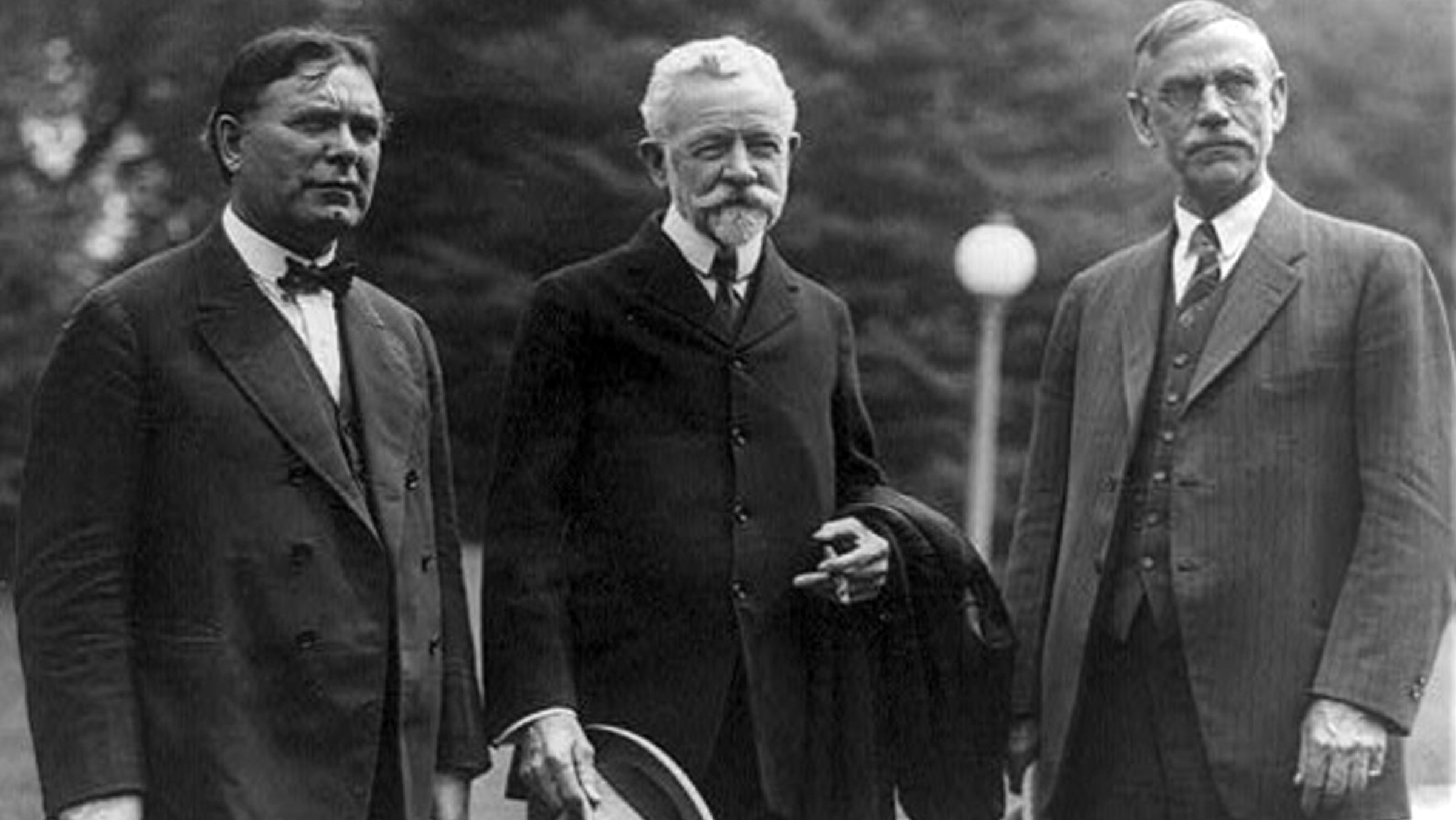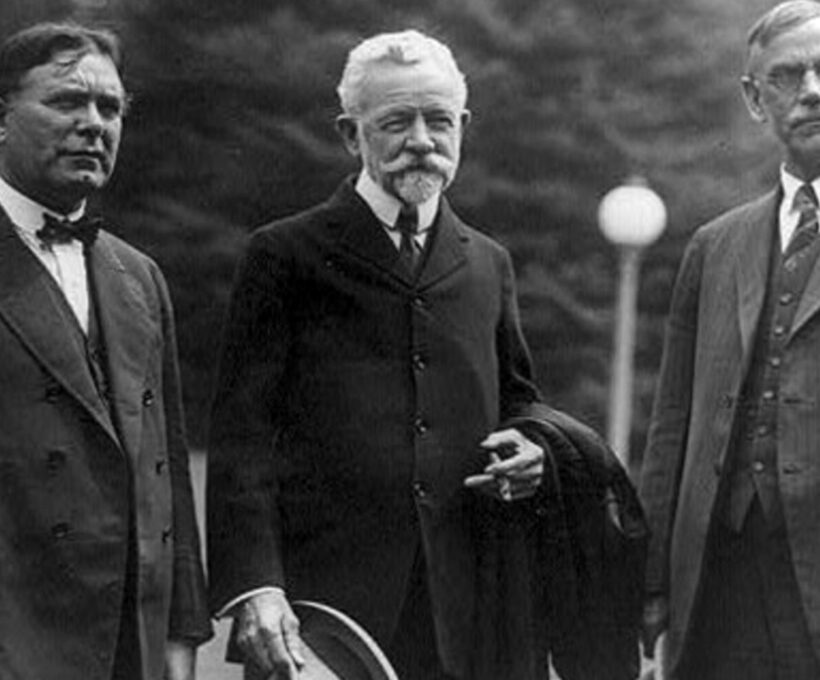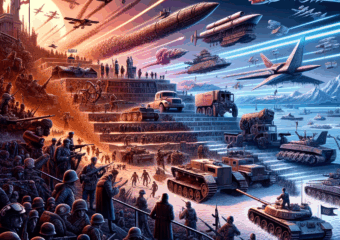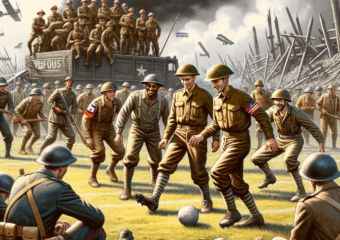Introduction: A Treaty Meant to End All Wars
The Treaty of Versailles, signed on June 28, 1919, officially ended World War I. While it aimed to bring peace, it inadvertently sowed the seeds for future global conflicts. Its clauses reshaped borders, economies, and political systems across continents, making its impact far-reaching and long-lasting.
Redrawing the Map of Europe
One of the most visible outcomes of the treaty was the redrawing of European borders. The Austro-Hungarian and Ottoman empires were dismantled, leading to the creation of new nations such as Czechoslovakia and Yugoslavia. Germany lost significant territory, which fueled national resentment and later political extremism.
Economic Repercussions Across Continents
The reparations demanded from Germany — totaling 132 billion gold marks — crippled its economy. Hyperinflation, unemployment, and social unrest followed. The ripple effects were felt globally, as economic ties between Europe and other continents weakened, contributing to the onset of the Great Depression.
Colonial and Global Power Shifts

The treaty also affected global colonial holdings. Germany lost all its overseas colonies, which were redistributed among the Allies under the League of Nations mandates. This reshuffling altered power balances and inspired independence movements in Asia and Africa.
Rise of Extremist Movements
The treaty’s harsh terms created fertile ground for extremist ideologies. In Germany, resentment toward the perceived humiliation led to the rise of Adolf Hitler and the Nazi Party. Across Europe, political instability became a common theme, weakening democratic institutions.
Legacy and Prelude to World War II
The long-term global consequences of the Treaty of Versailles are complex and multifaceted. Its punitive terms and perceived injustices contributed directly to the rise of militarism and nationalism that led to World War II.
Key Global Effects of the Treaty
- Economic collapse in Germany and ripple effects worldwide
- Territorial disputes and border changes in Europe
- Loss and redistribution of colonial territories
- Rise of authoritarian regimes in Europe
- Weakened League of Nations and failed collective security
Comparative Overview of Key Changes
| Region | Pre-Treaty Status | Post-Treaty Changes |
|---|---|---|
| Germany | Major power with colonies | Lost territory and colonies, forced reparations |
| Eastern Europe | Ruled by empires | New states formed (e.g., Poland, Czechoslovakia) |
| Middle East | Part of Ottoman Empire | Mandates under British and French control |
| Asia & Africa | Colonial holdings | Colonies reassigned, rise in nationalist movements |






The economic collapse in Germany must have been hard for many people. I can’t believe the impact was global!
‘El tratado fue una lección dura’. Es algo que debemos recordar para evitar repetir errores en el futuro.
Los cambios territoriales fueron enormes. ¿Cómo pudieron las naciones sobrevivir a esos cambios tan drásticos?
Es interesante ver cómo el Tratado de Versalles cambió tanto Europa. Nunca supe que también afectó a Asia y África.
Me sorprendió saber que Alemania tuvo que pagar tanto dinero. Eso realmente afectó su economía después de la guerra.
No sabía que el Tratado de Versalles llevó al ascenso de Hitler. Es una lección importante para todos.
‘Prelude to World War II’ shows how important it is to understand history to avoid repeating mistakes.
‘Redistribution of colonial territories’ sounds complicated. I wonder how that changed things for those countries.
‘La Liga de Naciones no funcionó como se esperaba’. Es un punto clave que muchas personas olvidan al hablar sobre el tratado.
‘Political instability’ is a big theme in history. This treaty made it worse for many nations.
The rise of new countries like Czechoslovakia is interesting. It’s sad how it led to future conflicts.
I didn’t know that the League of Nations was affected too. It’s important to learn about these events.
La inestabilidad política en Europa después del tratado es un recordatorio de lo frágil que puede ser la paz.
The Treaty of Versailles had a big impact on Europe. It changed many borders.
La creación de nuevos países como Checoslovaquia es un dato fascinante. La historia tiene tantas capas.